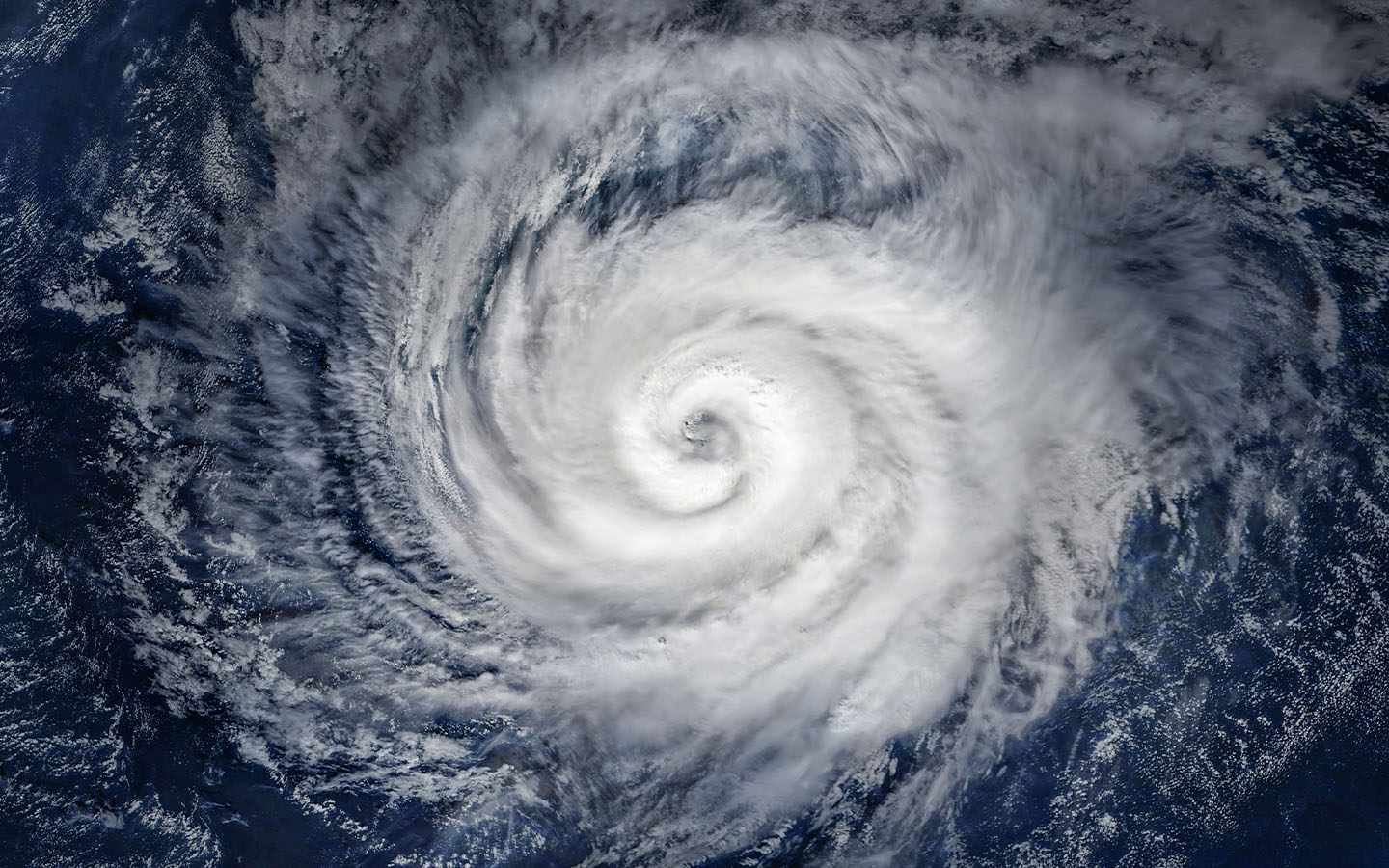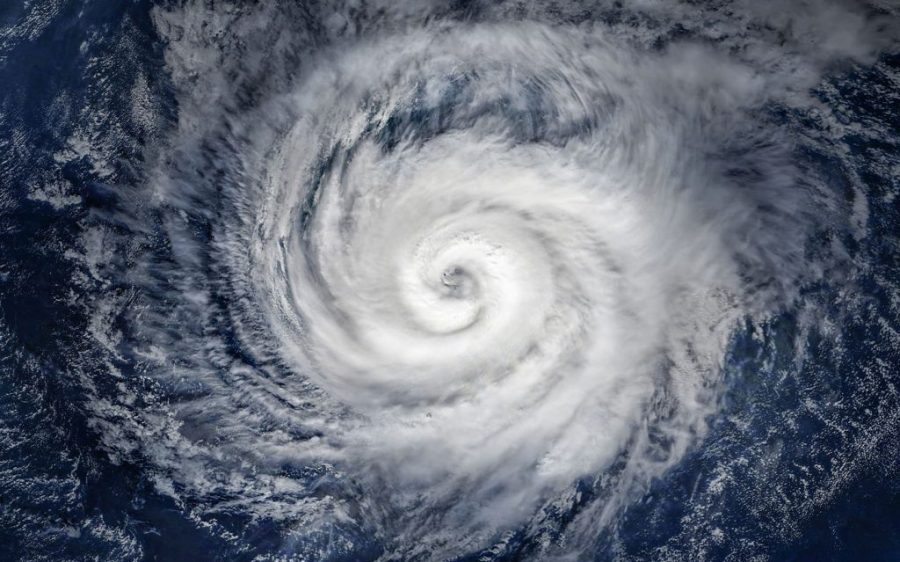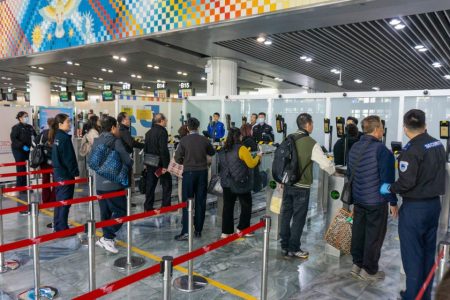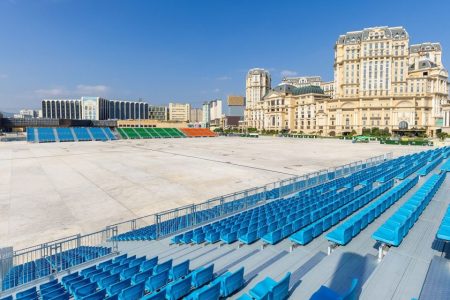Macao could be affected by as many as 2 to 4 tropical cyclones between September and December of this year, says the Meteorological and Geophysical Bureau (known by its Portuguese initials SMG).
As of August, Macao had been impacted by 8 typhoons this year, with the SMG pointing out in a report today that this year’s typhoon season is scheduled to run until at least October.
The forecaster also shared its predictions for Macao’s weather this autumn, which will run from September to November.
The average temperature is expected to hover between “normal to relatively high,” with the normal range set between 24.2°C and 24.8°C.
[See more: Climate change is literally making you older]
The SMG mentioned that periods of sweltering heat could continue to impact Macao due to the influence of a subtropical belt of high pressure in the northwest Pacific over southern China in the early stages of autumn.
As the subtropical high retreats, Macao’s weather is forecasted to become cool and dry, as a result of the influence of a weak cold air mass from a continental anticyclone.
The city’s rain level is meanwhile predicted to reach a “normal to relatively heavy” level. The SMG classifies normal precipitation as a range between 228 to 371 millimetres.
[See more: The Ultimate Macao Typhoon Survival Guide]
Macao has faced various extreme weather events this year. Wutip was the first tropical storm to affect the SAR in 2025, reaching signal no. 3 in June. The following month, Wipha pummeled the city, becoming the earliest typhoon to be upgraded to level 10 since the start of local records in 1968. Meanwhile, Podul approached Macao in August, leading to flash flooding in Taipa and Coloane.
Another prominent feature of the weather this year has been the blazing heat. The SMG issued the city’s first yellow hot weather alert in May after the mercury across the territory soared to above 32°C. Many more warnings have followed since, with readings as high as 36°C in some instances.
The Macao authorities have blamed the rise in extreme weather phenomenon such as typhoons and scorching heat on climate change.






